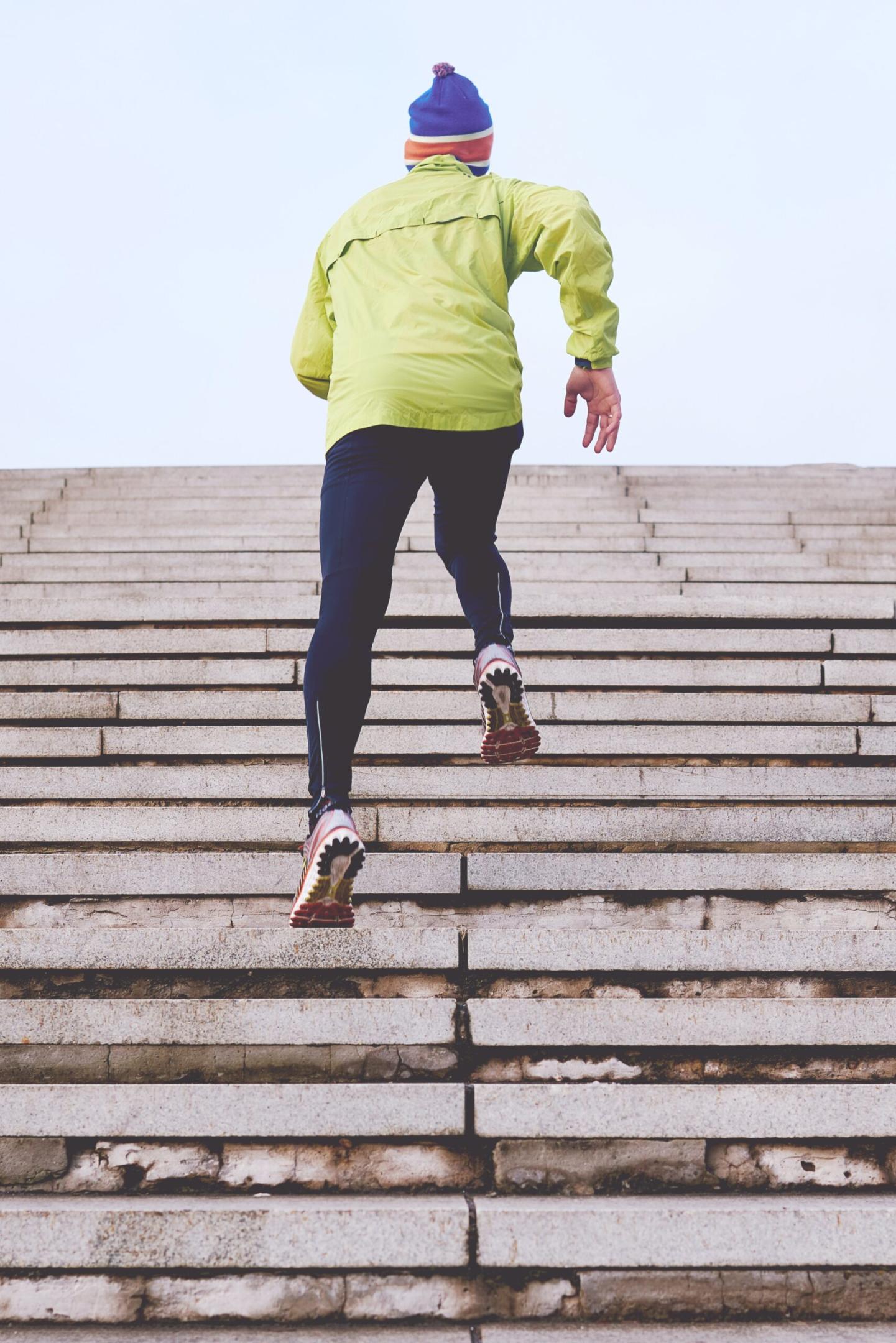When it comes to jogging, there is an ongoing debate about the best time to hit the pavement – morning or evening. Both options have their advantages and disadvantages, and the choice ultimately depends on your personal preferences and schedule. In this blog post, we will explore the benefits and drawbacks of jogging in the morning versus the evening, helping you make an informed decision about the best time for your daily run.
The Morning Jog
Many avid joggers swear by their morning runs, and for good reason. Here are some of the advantages of jogging in the morning:
- Increased Energy: Starting your day with a jog can boost your energy levels and set a positive tone for the rest of the day.
- Improved Focus: Morning exercise has been shown to enhance mental clarity and focus, making it an ideal time for problem-solving or creative thinking.
- Empty Streets: If you enjoy solitude while jogging, the morning hours offer quieter streets and fewer distractions.
However, there are a few downsides to consider when opting for a morning jog:
- Temperature: Depending on where you live, mornings may be cooler, requiring extra layers or warmer clothing.
- Warming Up: Your body may need more time to warm up in the morning, which could affect your performance initially.
The Evening Jog
For those who prefer to exercise later in the day, evening jogs have their own set of advantages:
- Relaxation and Stress Relief: An evening jog can help you unwind after a long day, release tension, and promote better sleep.
- Warmer Temperatures: If you live in a colder climate, the evening hours may offer more comfortable temperatures for running.
- Pre-Workout Fuel: By the end of the day, your body has had time to digest and absorb nutrients, providing you with more energy for your run.
However, there are also a few drawbacks to consider when choosing an evening jog:
- Crowded Streets: Depending on your location, evenings may be busier with more pedestrians, cyclists, and traffic, which can be distracting or pose safety risks.
- Energy Levels: After a long day, you may feel more fatigued, which could impact your motivation and performance.
The Verdict
Ultimately, the best time to jog is the time that works best for you. Consider your personal preferences, schedule, and any specific goals you have. If you’re a morning person who enjoys the quiet and solitude, a morning jog may be the perfect fit. On the other hand, if you prefer to unwind in the evenings and benefit from warmer temperatures, an evening jog might be more suitable.
Remember, consistency is key when it comes to jogging. Whether you choose morning or evening, make it a habit and stick to your routine. The most important thing is to stay active and enjoy the numerous health benefits that jogging provides.






